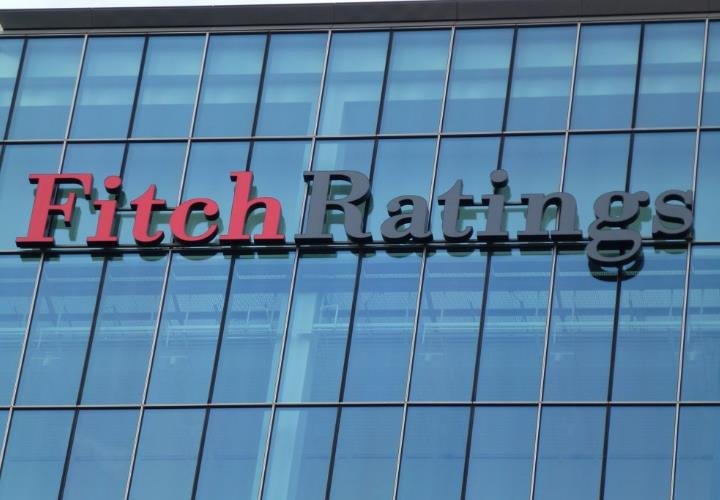Fitch Ratings has upgraded Egypt’s credit rating from “B-” to “B,” citing strengthened external finances, increased foreign investments, and tighter monetary conditions. This enhancement reflects Egypt’s ongoing efforts to stabilize its economy amidst regional challenges and a persistent economic crisis.
Strengthened External Finances and Investment Inflows
Fitch commended Egypt for bolstering its external finances, highlighting the recovery of foreign exchange (FX) buffers and the implementation of a more flexible exchange rate policy. These measures have significantly improved investor confidence in Egypt’s economic stability.
“Egypt’s external finances have been bolstered… FX buffers have recovered, and we have somewhat greater confidence that the more flexible exchange rate policy will prove more durable than in the past,” Fitch stated. The rating agency also assigned Egypt a stable outlook, indicating that the improved financial position is expected to be maintained in the near term.

Overcoming Economic Challenges
Over the past two years, Egypt has grappled with a severe economic crisis characterized by record inflation, a rising debt burden, and sharp currency devaluations. In response, the government has sought substantial foreign investments and financial support to navigate these challenges.
- IMF Loan Package: Egypt secured an upsized loan package of $8 billion from the International Monetary Fund (IMF) this year.
- Abu Dhabi Real Estate Investment: A $35 billion real estate investment package from Abu Dhabi has been pivotal in stabilizing Egypt’s economy.
- European Union Support: Approximately $1 billion in financial aid from the European Union has further contributed to economic stabilization.
Despite these efforts, President Abdel Fattah al-Sisi recently suggested the possibility of reconsidering the IMF deal amid increased regional pressures. However, the IMF has maintained that the loan size is appropriate and necessary for Egypt’s economic recovery.
Risks Amid Regional Conflicts
While Egypt has made significant strides in improving its financial standing, Fitch has identified the escalation of regional conflicts as a key risk factor. Specifically, attacks on Red Sea shipping by Yemen’s Houthi rebels have diverted maritime traffic from the crucial Suez Canal, adversely affecting Egypt’s revenue streams and tourism industry.
“The broader Middle East conflict also poses several risks,” Fitch warned, noting that instability in the region could undermine Egypt’s economic progress and investor confidence.
Table: Egypt’s Economic Indicators Post-Rating Upgrade
| Indicator | Status |
|---|---|
| Credit Rating (Fitch) | Upgraded to ‘B’ from ‘B-‘ |
| IMF Loan Package | $8 billion secured |
| Abu Dhabi Investment | $35 billion in real estate |
| EU Financial Support | ~$1 billion received |
| FX Buffers | Recovered |
| Exchange Rate Policy | More flexible and durable |
| Key Risk | Regional conflict escalation |
Future Outlook
Fitch’s upgrade reflects optimism about Egypt’s ability to sustain its improved financial position through continued foreign investments and economic reforms. However, the stability of this outlook is contingent upon Egypt’s ability to manage regional conflicts and maintain investor confidence amid ongoing economic challenges.
Dr. Ibrahim al-Assaf, Egypt’s Finance Minister, expressed confidence in the country’s economic trajectory: “This review is an essential milestone in our commitment to fulfilling the programme’s objectives. We are confident in the strides we have made and look forward to the IMF’s constructive feedback.”
The upgrade of Egypt’s credit rating by Fitch signifies a positive shift in the country’s economic landscape, driven by strategic foreign investments and effective financial management. As Egypt continues to implement reforms and attract international support, maintaining stability amidst regional tensions will be crucial for sustaining its improved creditworthiness and achieving long-term economic prosperity.
